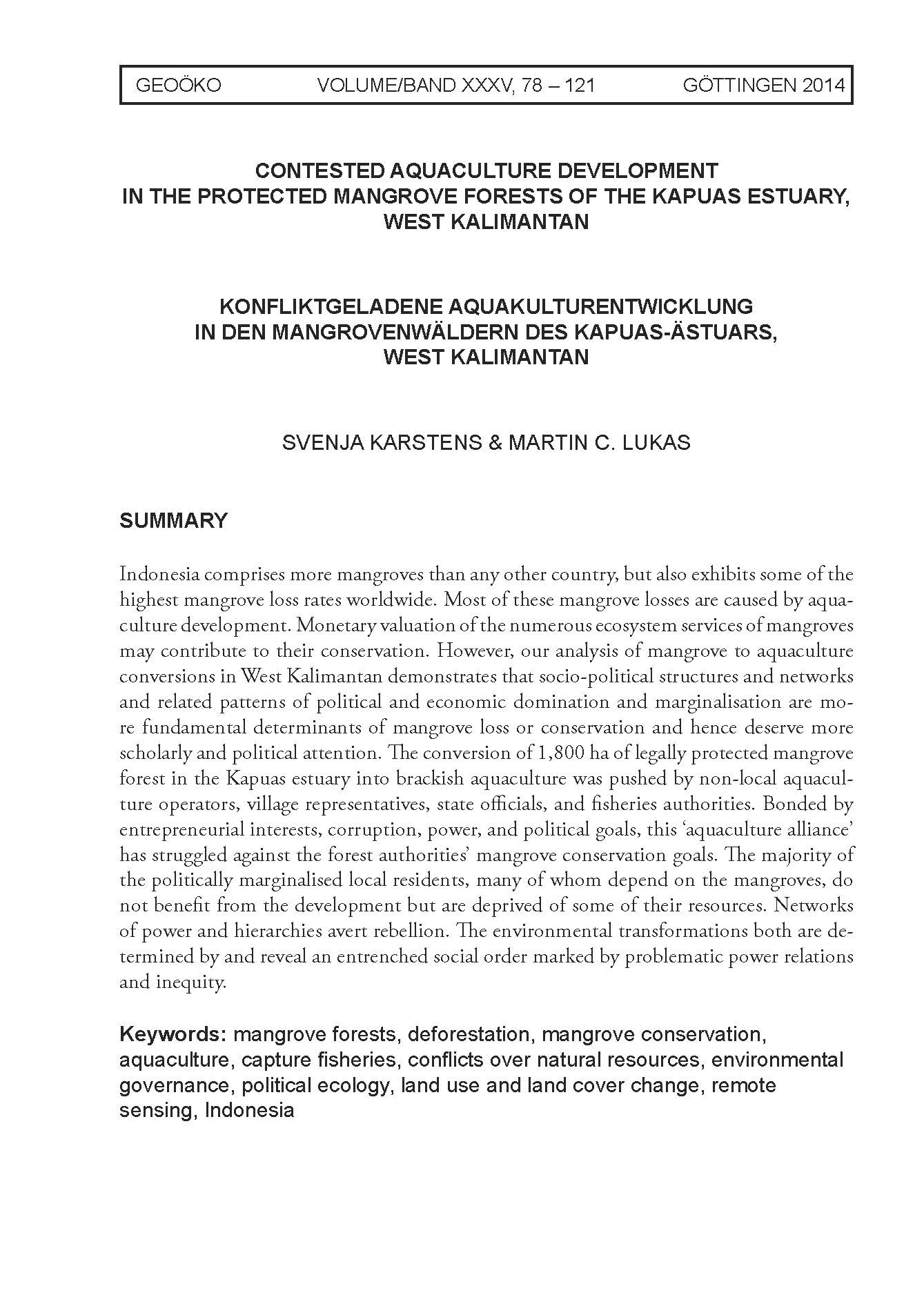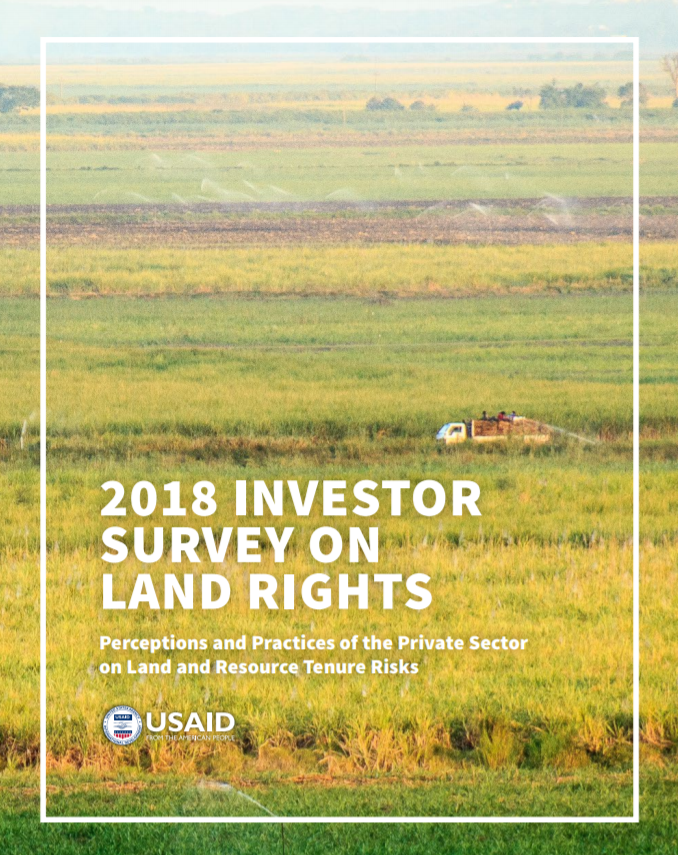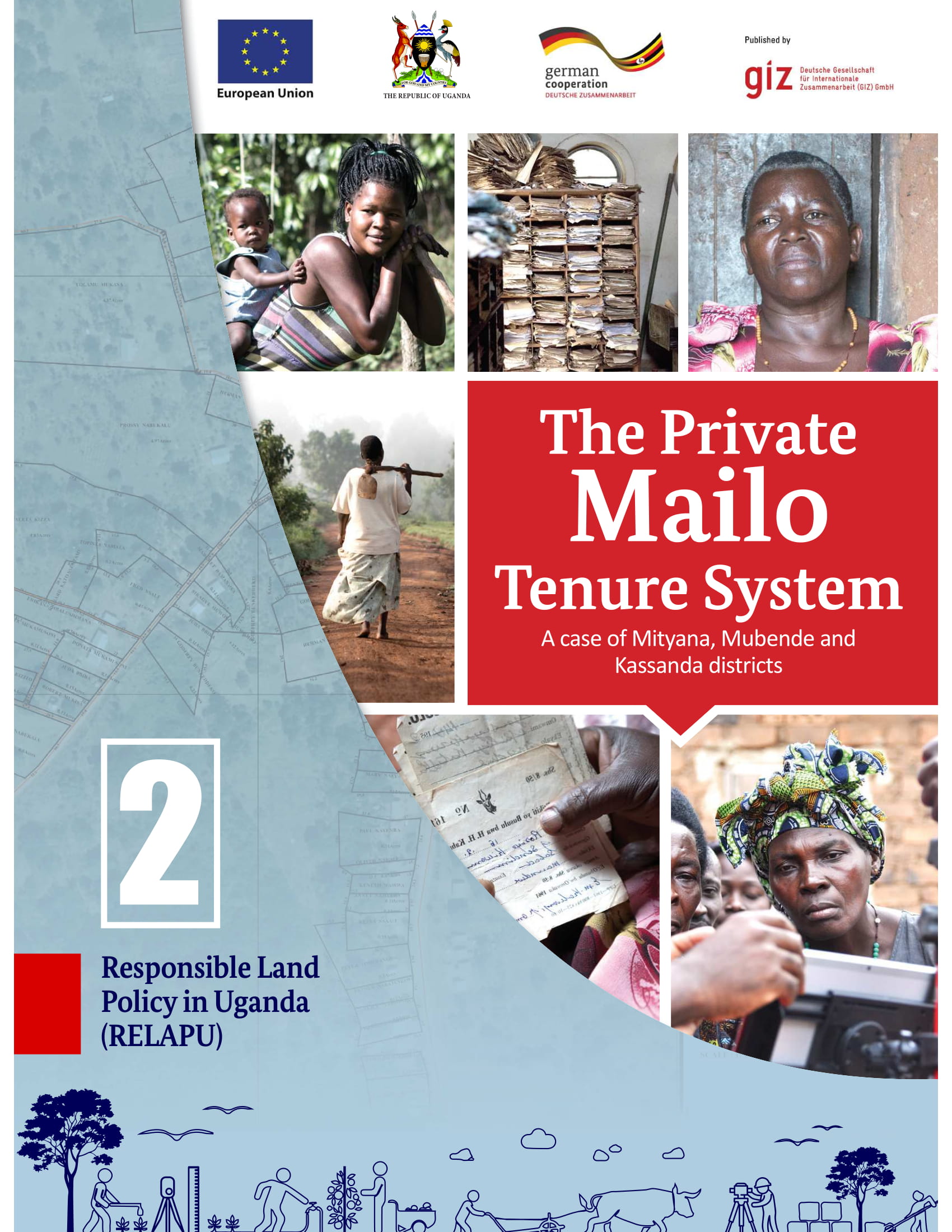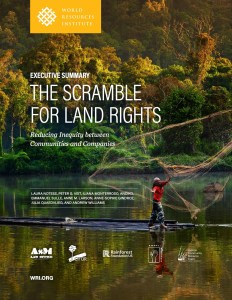Contested aquaculture development in the protected mangrove forests of the Kapuas estuary, West Kalimantan
Indonesia comprises more mangroves than any other country, but also exhibits some of the highest mangrove loss rates worldwide. Most of these mangrove losses are caused by aquaculture development. Monetary valuation of the numerous ecosystem services of mangroves may contribute to their conservation.










